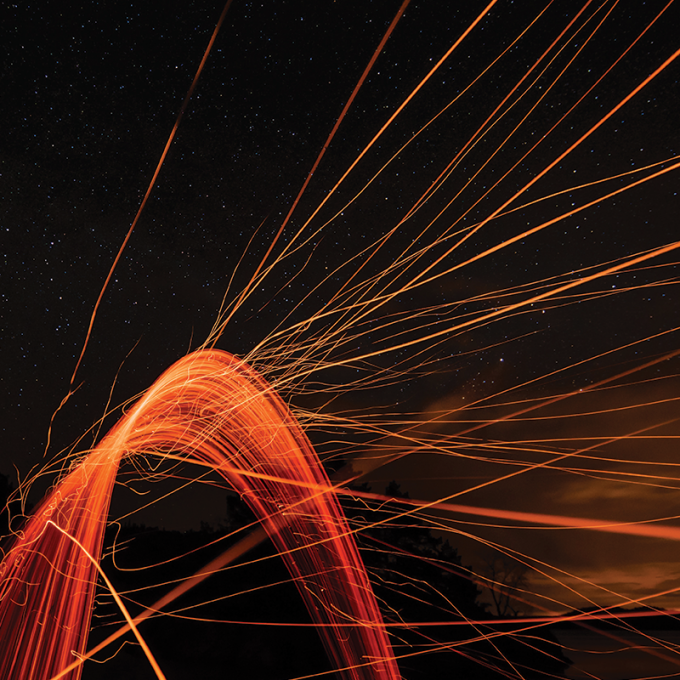Ryan Ogliore's research group uses microanalytical techniques to study extraterrestrial materials in order to better understand the formation and evolution of our Solar System, as well as other stars.
The group is analyzing returned samples from NASA’s Stardust mission to comet Wild 2, grains from asteroid Ryugu, lunar samples, Genesis solar wind samples, interplanetary dust particles, and meteorites. In-situ isotopic analyses by secondary ion mass spectrometry of small grains from a comet have temporally constrained the transport of rocky material from the inner to the outer Solar System. The group also employs electron-beam and synchrotron techniques to investigate, e.g., the interaction between an airless body and the space environment.


